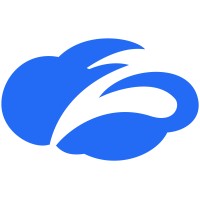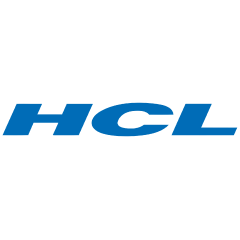
Interview
*Certificate on Completion
Want to participate in coding war?
Code Battles with
coders all over the world
Compete with other coder by participating in the contests and Get Points .
Beginner Contest 106
Weekly Contest 217
Weekly Contest 218
Solve Interview Problem By Topic
Top Problem Lists
Most Common Interview Questions
Company-Wise Interview Experiences













